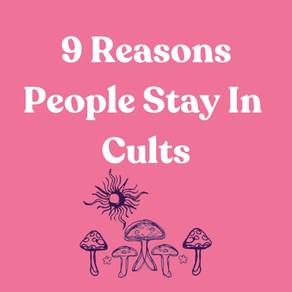top of page
Know someone affected by coercion or who is in a suspected cultic group or relationship?
People Leave Cults is here to help
You don't have to go through this alone.
Scroll Down
Let's Develop a Roadmap Together
My consulting books are temporarily closed while I am on tour. Please get in touch with my team if you are in need of intervention services at
cultmediation.com
We know that this may be a highly emotional time for you.
Seeking help can feel vulnerable and uncertain.
People Leave Cults is here to help.
⚡ Featured Resource ⚡
Blog Posts on Intervention and Cult Involvement
bottom of page
_edited.jpg)





